I am working on a legacy service that has 30 aspx pages with years of business logic
There is a parent aspx page which acts as a base page that the above aspx pages inherit from.
I need to add a Response header and I am having trouble finding the right place to add it to the ParentPage.aspx.cs so that it gets applied to all aspx pages.
Ideally I would want to add after PageLoad() is done for the the data to be available to add to the header.
I tried using the onPreRender() and onLoadComplete() stages to add the header. But it is not guaranteed that this would get called because the aspx pages have logic that do Response.Redirect() Because of the redirect onPreRender() and onLoadComplete() do not get called. I would not be able to change the logic on redirects
However UnLoad() does get called all the time. But response cannot be altered in the UnLoad() stage
Are there any suggestions where the header to the response could be added in the ParentPage.aspx.cs ?

